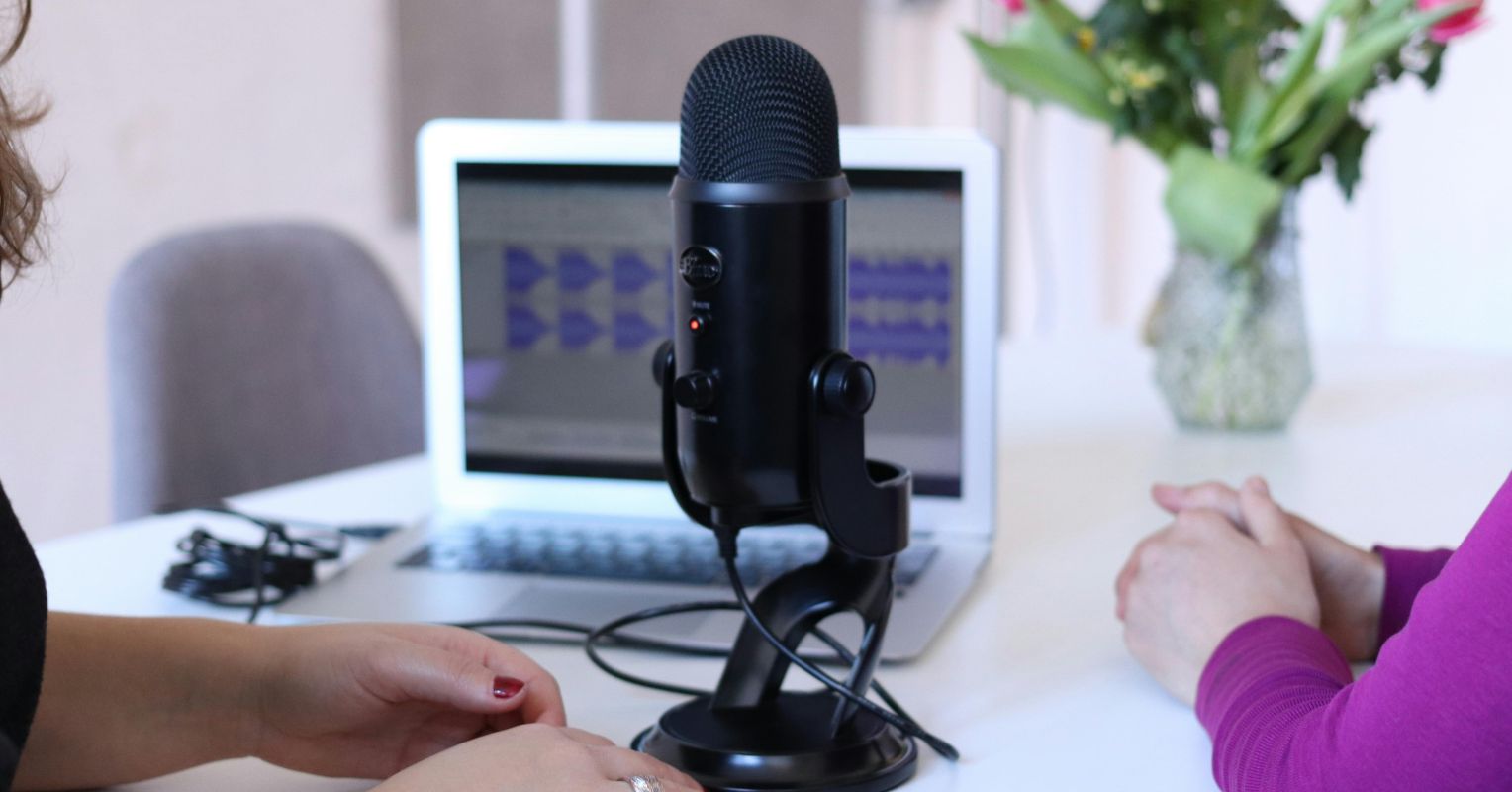In an exclusive interview airing on The Dr. Suzette Glasner Podcast on September 4th, JD Vance’s mother, Bev Aikins— an opioid overdose survivor who was once addicted to heroin, now a nurse helping others heal from the same affliction—described how family reconciliation, forgiveness, and medication saved her life.
Her story is especially resonant now, during Overdose Prevention Week. Bev reminded me, an addiction scientist, that to find a way forward from the opioid overdose crisis, stories from the perspective of those with lived experience surviving a deadly addiction are as important as research. And her story was different. The role of forgiveness was strikingly thematic – both from her children and herself.
For Many, Addiction Begins With a Seemingly Harmless Decision
Over 25 years ago, Bev unknowingly made a decision that would alter the course of her life—she tried taking Vicodin for a headache. With her family’s history of addiction, most notably her father’s severe alcoholism, she was vulnerable in ways she could not have imagined, and that one decision was a catalyst. “I felt like I had found the answer to all of my problems in that little pill, and my addiction took off immediately,” she recounted.
From that day forward, her life revolved around finding and taking opioids, at first, to chase that euphoric feeling, and then over time, as her addiction progressed, to avoid the torment of opioid withdrawal. She progressed from using Vicodin to Percocet, and when her life started to unravel and she lost her job as a nurse, she converted to using heroin, an addiction that broke her psychologically, devastated her family, and persisted for 15 years.
Recovery Finally Came Together
Recovery would not have been possible for Beverly Aikins without medication, and it wouldn’t have lasted for the decade she just celebrated if not for forgiveness—both from her children and herself. Medicine, therapy, and family support were the pillars of her recovery—yet only 17% of people with opioid addiction receive these scientifically based treatments. Stigma and misinformation are at the heart of the problem—both culturally and at the policy level.
Medication was only part of Bev’s story— forgiveness is what truly sustained her as she repaired her family relationships and brought meaning and purpose back into her life. JD Vance and his sister, Lindsay, found a way to forgive their mother for the pain and abandonment her addiction caused. This gave Bev the resolve to commit more deeply to her recovery during her fourth treatment episode—the one that finally worked.
JD Vance and his mother faced different challenges in processing and breaking the cycle of addiction that gripped their family for decades, starting with Bev’s father, James Vance.
JD Vance’s memoir, Hillbilly Elegy, both shocked and enlightened Bev in what would become her journey to self-forgiveness. Reading his painfully candid words, “My mom: someone I wish I had never met,” coupled with his detailed account of a chaotic, unstable, and often frightening childhood, forced her to face the truth about the impact of her addictive behaviors on her children.
“We’re still healing,” she said of the relationship rebuilding between her and her children after she achieved sobriety, a process now 10 years in the making. Reading the book led her to have difficult conversations with her children that she believes helped to bring them closer.
How Forgiveness Heals Individuals and Families With Addiction
JD Vance’s compassion for his mother is a testament to his ability to forgive – and the therapeutic power of it. When she reached a decade of sobriety, he celebrated it at The White House in a publicized formal ceremony. Symbolically, he placed the remarkably flawed and immoral persona of her opioid use disorder in the past, embracing her emergence from it and the person she has become in recovery.
Forgiveness Essential Reads
Without some degree of self-forgiveness, Bev could not have accepted her portrayal as the antagonist in her son’s story of growth and resilience. Placing her guilt and shame over her transgressions aside, she came to own her responsibility for the sentiments of pain, anger, fear, and regret that complicated her relationship with her son. “Will it help you heal?,” she asked him, when he shared his plans to publish “Hillbilly Elegy.” When he affirmed that it would, she simply said, “Publish it.”
Having witnessed many families battling addiction, I have seen just how deeply the wounds of disappointment, mistrust, and hopelessness can hurt. Healing is a slow process, and for some, forgiveness never comes.
Yet we know from scientific studies that the support of family both during and after treatment for addiction can make a sizable difference in the likelihood of success. Family therapy is often viewed as an “add-on” to addiction treatment and is both underused and underfunded. To give people a better chance to recover and live a healthy life, this needs to change.
What sets the Vance family apart is the lengths they went to forgive and move forward. Though her children were grown by the time she got sober, it wasn’t too late for Bev to make inroads towards becoming the mother they wished they had.
“I’m a much better mother to my adult children than I was when they were growing up,” she reflected. For JD Vance, sharing his story of trauma and resilience with both his mother and the world paved the way to a certain kind of freedom. He found the psychological freedom from hurt and resentment that enabled him to celebrate her recovery – and survival – from opioid addiction. By modeling mutual forgiveness, compassion, and understanding of addiction as a chronic illness, Beverly Aikins and her children might have broken the intergenerational cycle of addiction.
Their story carries a lesson for the millions of families still struggling: recovery lasts when evidence-based treatments and family healing come together.
You can learn more about evidence-based addiction and overdose prevention and reversal treatments in my book, Addiction: What Everyone Needs to Know.
